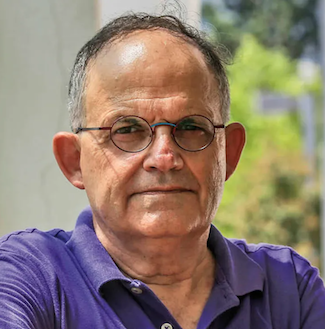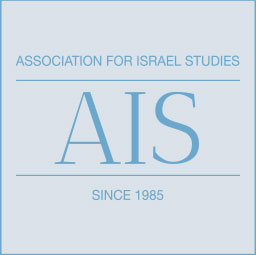Professor Motti Golani z”l
The Association for Israel Studies mourns the sudden and untimely passing of Professor Motti Golani of Tel Aviv University, a towering historian of the British Mandate and the formative decades of the State of Israel.
Prof. Golani’s scholarship was notable for its thematic range and archival depth. His two-volume Tehiyye Milḥama Ba-Qayitz (“There Will Be War in the Summer”, 1997) offered an integrated political-diplomatic-military study of the 1956 Sinai Campaign. In Milḥamot Lo Korot MeʿAtsman (“Wars Do Not Happen of Themselves”, 2002) he traced evolving Israeli attitudes toward organized force from the 1930s to the aftermath of the Yom Kippur War, challenging prevailing narratives about power and security. Subsequent books – Yamim Aḥaronim (“Last Days”, 2009) on the Mandate’s final days, Ha-Natziv Ha-Aḥaron (“The Last Commissioner”, 2011) on High Commissioner Sir Alan Cunningham, and the co-authored biography Haim Weizmann, 1922–1952 (with Jehuda Reinharz, 2020) – placed local conflicts within broader imperial and transnational contexts. Through these works he reframed key debates on Israeli war aims, diplomacy, and collective memory.
Prof. Golani chaired the Israel Studies Program at the University of Haifa from 2001 to 2005. After moving to Tel Aviv University in 2013, he served as Chair of the Department of Jewish History from 2017 to 2019. Prof. Golani also established the Mandate Scholars Forum, which for the past fifteen years has served as both an academic meeting place and a warm community where senior scholars and early-career researchers – Jewish and Palestinian historians alike – explore the formative impact of the Mandate period on Israel.
Equally significant was Prof. Golani’s devotion to teaching. As head of departments at the Universities of Haifa and Tel Aviv, and as an adviser to museums and joint Israeli-Palestinian research teams, he mentored generations of students and young scholars, insisting on critical thought and public engagement.
Prof. Golani’s passing leaves a void in our scholarly community. The Association for Israel Studies extends its deepest condolences to his family, colleagues, and students.
May his memory be for a blessing.

